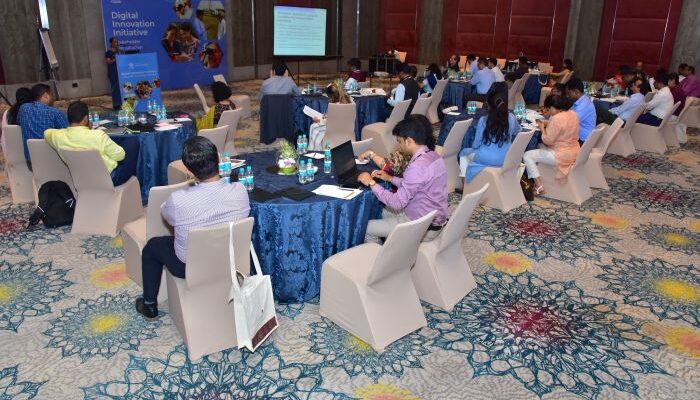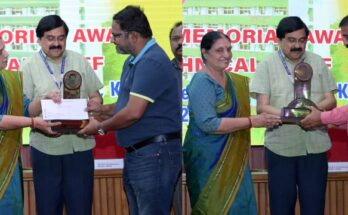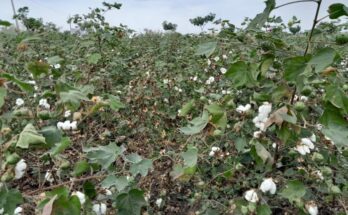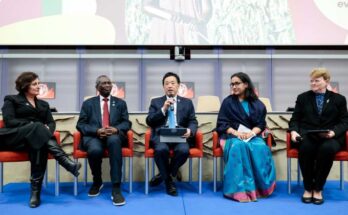Bhubaneswar: As part of its recently launched research for development (R4D) initiative on digital innovations, Consultative Group for International Agriculture Research (CGIAR) organised a two-day stakeholder consultation workshop in International Rice Research Centre (IRRI), Bhubaneswar, Odisha during 8 and 9 November 2022.
With a significant increase in the use of digital technologies in the agriculture, food, and water systems over the past few years, a large number of agritech and downstream ventures have emerged across the globe. Several efforts and resources have been dedicated to strengthening digital agriculture in developing nations. Unlike efforts of the past, which were mostly on-farm, digital technologies are giving rise to innovations at multiple points in the land, water, and food system value chains. These innovations have penetrated rural and traditional communities very swiftly and revolutionary innovations are coming from low and middle-income countries.
You may also like to read: IAEA, FAO send seeds to International Space Station; to develop climate-resilient crops for Earth
The One CGIAR Digital Innovation initiative aims to develop and accelerate the use of digital innovations that can support inclusive, equitable, and sustainable transformation of food, land, and water systems. The initiative’s strategies and investment priorities are to make an enabling digital ecosystem so that relevant information can be delivered effectively and equitably for farming communities and value chain actors to be prepared and equipped to handle risks emanating from climate change and other shocks and make their livelihoods and incomes more robust and sustainable. The initiative will also work with vulnerable and unreached smallholder women and men farmers to enhance their knowledge and capabilities to use digital innovations.
The objectives of the workshop were:
- To understand the digital ecosystem in food, land, and water systems including the availability, accessibility, and effectiveness of the existing infrastructure and services, with a focus on women and other unreached vulnerable farmers;
- To identify key opportunities and challenges in promoting an inclusive and beneficial digital ecosystem, especially for the rural women of India; and
- To identify the challenges associated with data security and governance.
You may also like to read: Enabling climate-resilient agriculture with agritech
Dr Ranjitha Puskur, IRRI Representative to India said, “We need a wide range of digital innovations if we have to effectively address the diverse needs of different socio-economic groups of farmers and other stakeholders in the agricultural value chains and food systems. The gender digital divide is a stark reality and many rural women are unable to access and use digital technologies and infrastructure due to a range of challenges including a lack of digital literacy and skills. Social norms in many cultural contexts also constrain the use of digital technologies by women. Through our initiatives, we seek to create an enabling environment for bridging this gender gap and propelling equitable digital innovation for transforming food, land, and water systems.”
During the workshop, stakeholders from the private sector, civil society organisations, research institutions, and the government discussed various dimensions that will be instrumental in laying the foundation for developing inclusive and gender-intentional digital innovations in agriculture, food, and water systems. These discussions suggested the presence of multiple apps and digital services in the agricultural sector, which are providing similar information to the farmers and other value chain actors. The irony is that these apps and digital services are predominantly supply-driven and do not account for the needs and requirements of the end users. Another important outcome of the discussions was the volume and diversity of data being collected by various actors in the value chain through the apps and digital services. The inclusion of women and smallholder farmers was at the centre of all these deliberations, focused on the probable pathways for reducing the existing digital divide and developing more inclusive and gender-responsive digital innovations and services for transforming the food, land and water systems.





